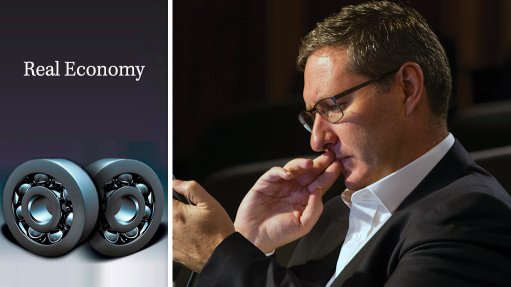
Two core attributes of South Africa during apartheid were State illegitimacy and political and social intolerance.
To recall just how illegitimate the apartheid government was, it is worth revisiting the December 1973 resolution of the United Nations General Assembly, which reaffirmed that the practice of apartheid “constitutes a crime against humanity”. The resolution declared that the South African regime had “no right to represent the people of South Africa” and that the liberation movements recognised by the Organisation of African Unity were the “authentic representatives of the overwhelming majority of the South African people”. It also called for other States to impose military, trade, sporting and cultural boycotts – prohibitions that helped jolt some white South Africans to the realisation that they were not living in a “normal” society.
Likewise, intolerance was not only a societal default, but the legislated reality. Grand apartheid was intolerant of racial integration and the provision of equal educational, economic and social opportunities for black South Africans. Petty apartheid, meanwhile, was intolerant even of the most basic sharing of public facilities, such as toilets, restaurants, trains, buses, swimming pools and beaches. Formal and informal intolerance was all-pervasive, with political parties banned, newspapers and radio stations censored, or self- censored, and social segregation enforced.
The toxic combination of illegitimacy and intolerance meant that even a false sense of societal equilibrium could only be sustained through systematic – and violent – repression.
The democratic settlement of 1994 was meant to purify the country of this poisonous mixture. Sadly, however, there are worrying signs of re-emergence, notwithstanding the fact that ideas still flow freely, protests are commonplace and elections are considered to be free and fair.
The issue is that political legitimacy stands on two legs: electoral support and the performance of the executive. A combination of corruption, incompetence and factionalism has seen the President Jacob Zuma administration losing balance on the second leg. Government is, therefore, facing a legitimacy crisis. Besides the protests, heckling and infighting, the most obvious outward sign of this legitimacy shortfall is the continual leaning on the courts to settle policy disputes.
With this fall in legitimacy, there has ben a commensurate rise in defensive rhetoric and political intolerance. And while South Africans have arguably become somewhat numb to the vitriolic attacks in the National Assembly, these are now spreading to municipal chambers and even Parliamentary portfolio committees. It may make for titillating television viewing, but indulging this sort of behaviour carries serious long-term risks, including the risk of political violence.
Dealing with this toxic combination of falling legitimacy and rising intolerance is going to require far greater account- ability from government leaders. But it will also require concerted efforts to move the conversation well beyond the current divisive rhetoric.